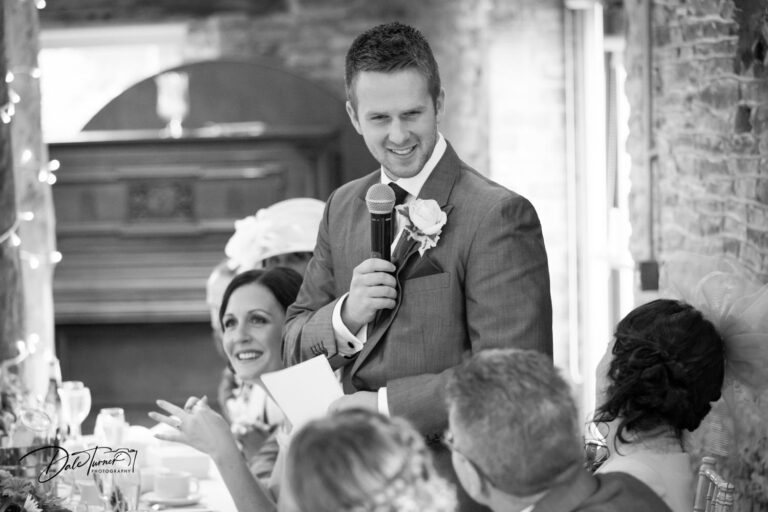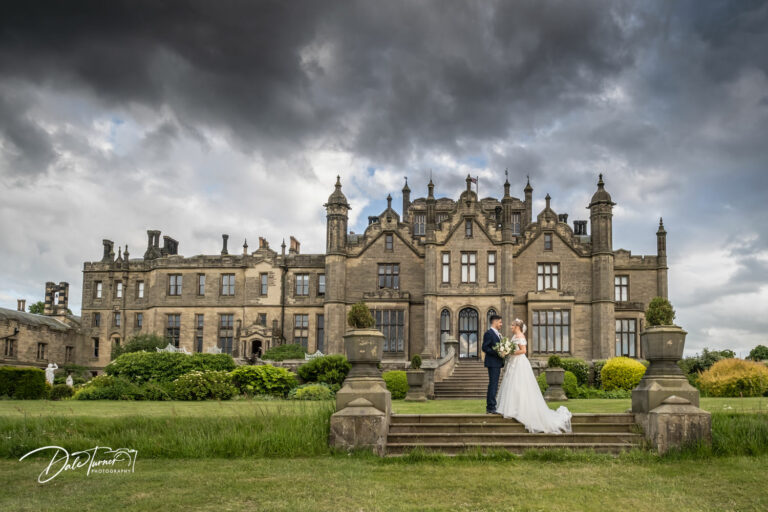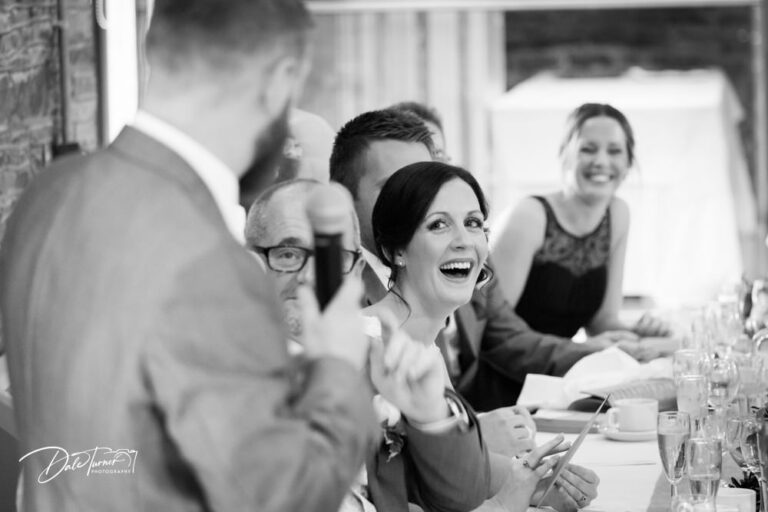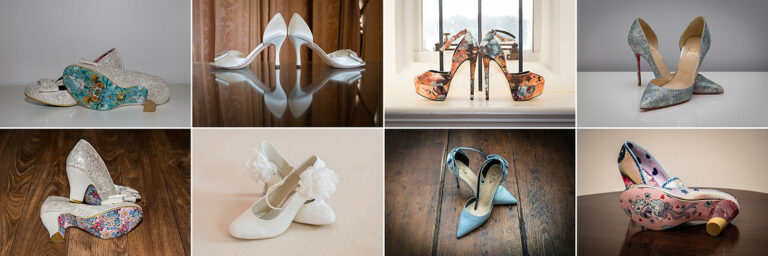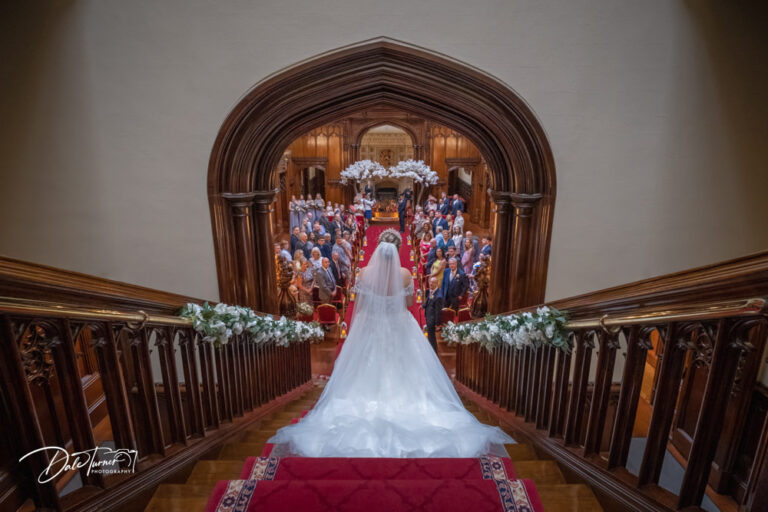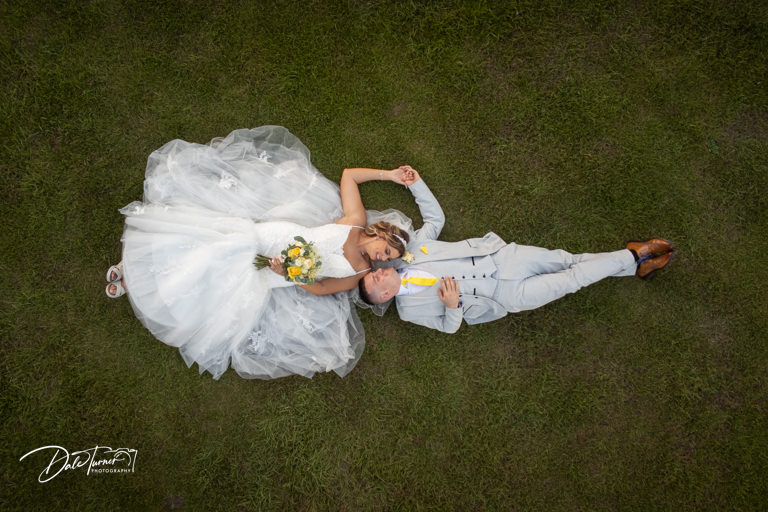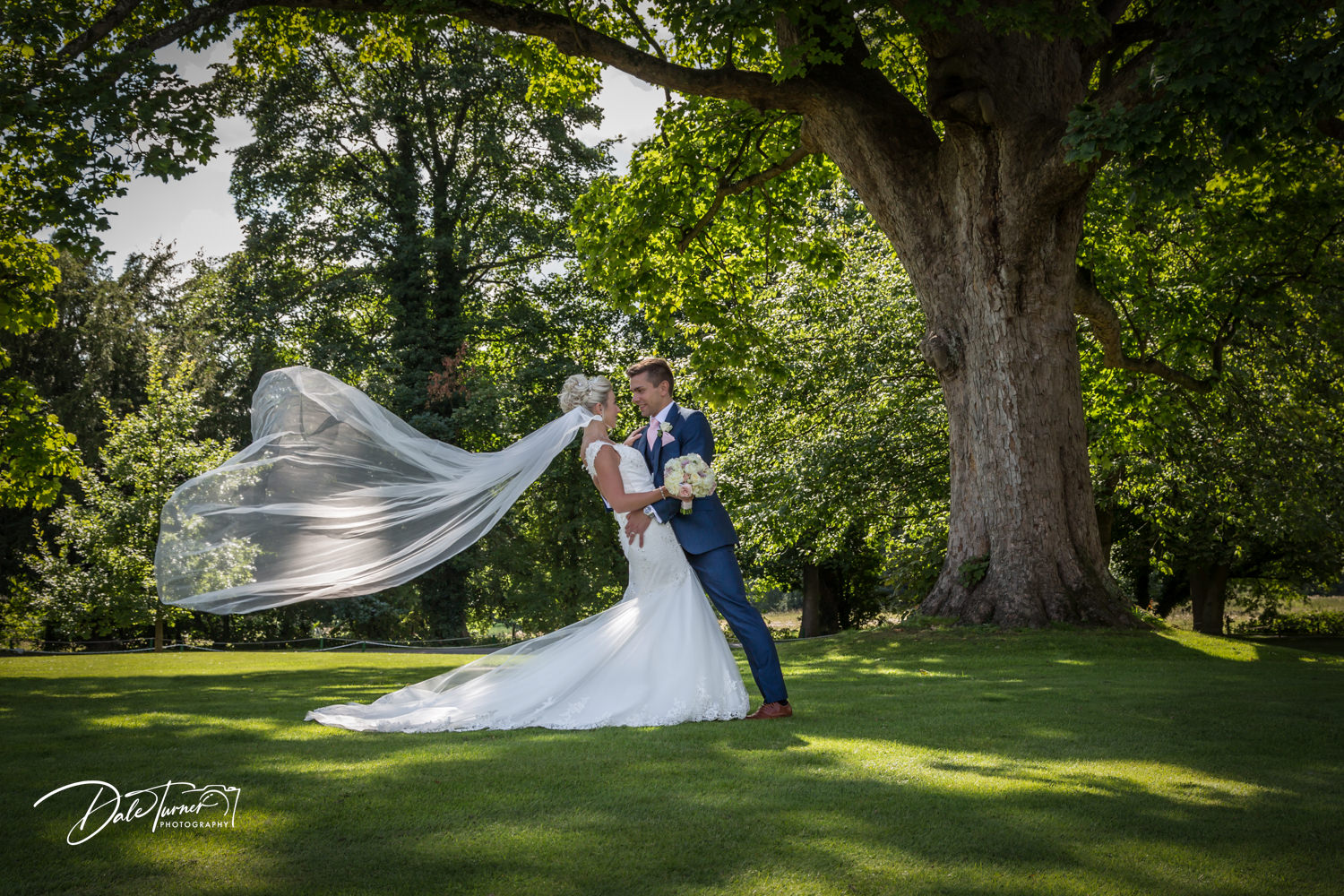
Introduction
Your wedding day is one of life’s most memorable and special occasions. As you plan your big day, you may wonder whether to wear a veil. This iconic bridal accessory has been a tradition for centuries, but is it right for you? Here are some things to consider when deciding whether to wear a veil on your wedding day.
Also, be sure to check out my tips on How to Choose the Perfect Wedding Dress and Choosing The Perfect Wedding Shoes.
The History of Veils
Veils have been worn by brides for centuries, with their origins dating back to ancient Roman times. The veil was originally worn to hide the bride’s face from evil spirits and to symbolise her purity and virginity. Today, veils are seen as a beautiful accessory that adds to the overall look of the bridal gown.
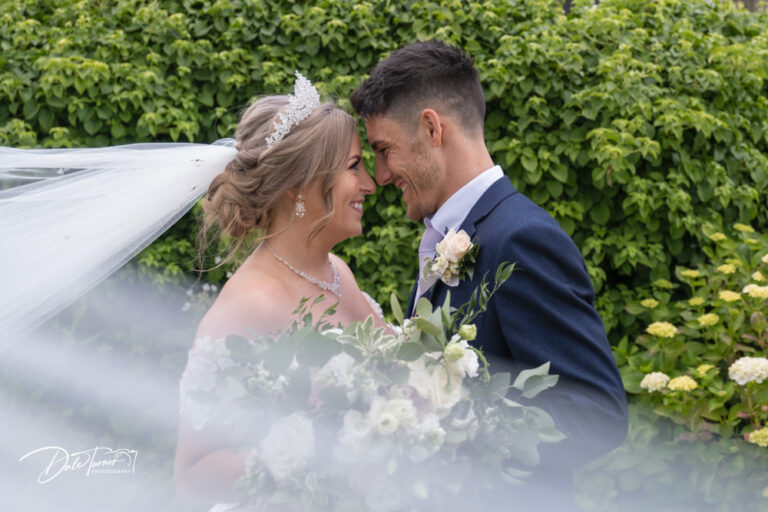
The Pros of Wearing a Veil
There are several advantages to wearing a veil on your wedding day. First, it adds an extra layer of elegance and sophistication to your overall look. It can also help to frame your face and accentuate your features, especially if you choose a veil with intricate details like lace or beading. Additionally, the veil can be a sentimental accessory passed down through generations of your family. It can be a meaningful way to honour tradition.
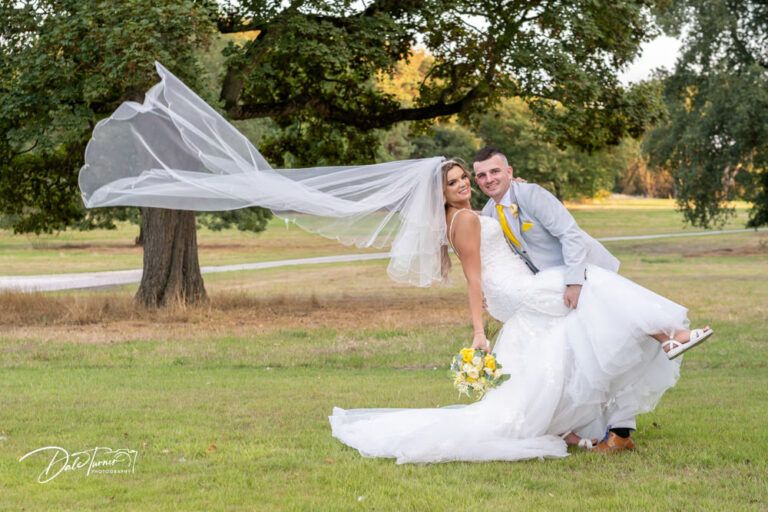
The Cons of Wearing a Veil
Despite their beauty and tradition, wearing a veil also has some potential downsides. First, some brides may feel uncomfortable covering their faces and prefer to have their features visible during the ceremony. Veils can be cumbersome and may get in the way during the reception, especially if they are long and trailing. Finally, veils can be expensive, with some styles costing hundreds or even thousands of pounds, which may only be feasible for some brides.
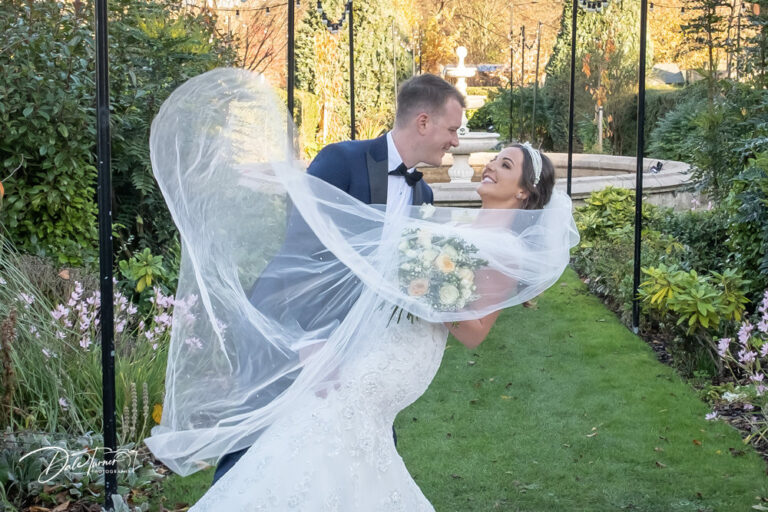
How to Choose the Right Veil
If you decide to wear a veil on your wedding day, several factors should be considered when choosing the right style. First, think about the veil’s length – do you want a short veil, a blusher style covering the face, or a long cathedral veil that trails behind you? You should also consider the colour and material of the veil – do you want a classic white or ivory veil, or do you prefer a more modern look in a coloured or embellished fabric?
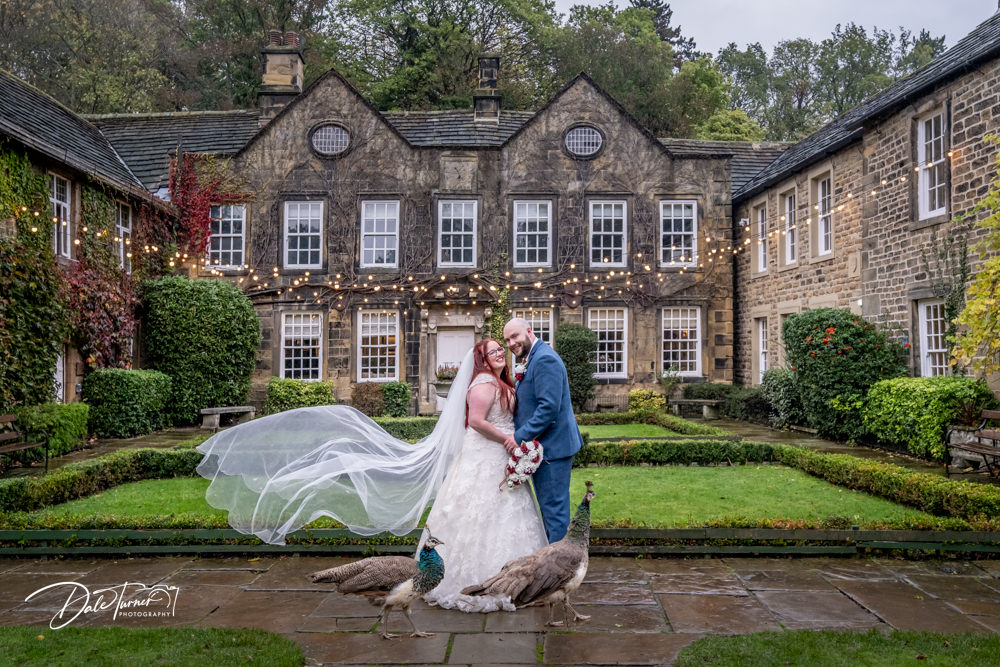
Conclusion
Ultimately, whether or not to wear a veil on your wedding day is personal, and there is no right or wrong answer. If you choose to wear a veil, take the time to select the perfect style that complements your gown and reflects your style. And if you decide that a veil is not for you, remember that there are many other beautiful accessories and hairstyles to make your wedding day look complete.
- About the Author
- Latest Posts
I am Dale Turner, a professional wedding photographer with over 15 years of experience capturing beautiful and timeless moments on camera. Serving Hull and East Yorkshire. I am passionate about what I do and take pride in delivering high-quality photography that will leave you with cherished memories for years to come.


